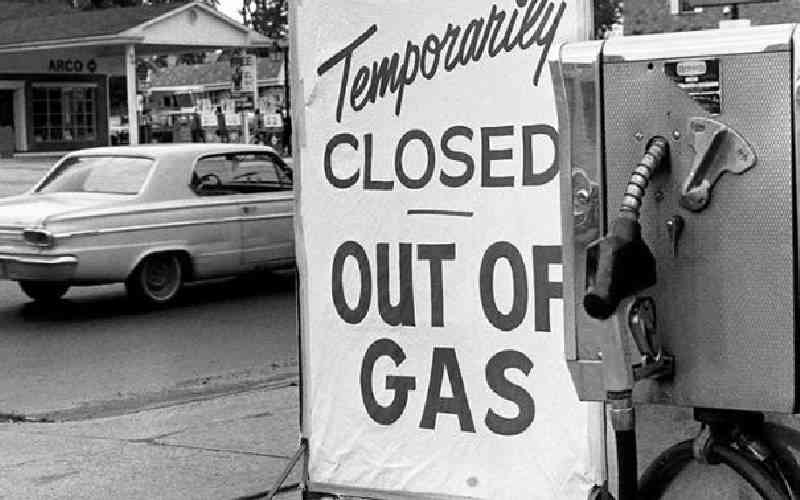×
The Standard e-Paper
Stay Informed, Even Offline

In 1973, the Israel-Arab war in the Middle East led to an oil embargo for the western countries, leading to a spike in oil prices and spiralling inflation.
The oil-producing bloc increased the oil price fourfold. The same happened in 1979 after a revolution in Iran. Today’s war in Ukraine has led to another oil crisis incorporating gas, which is piped to western Europe.